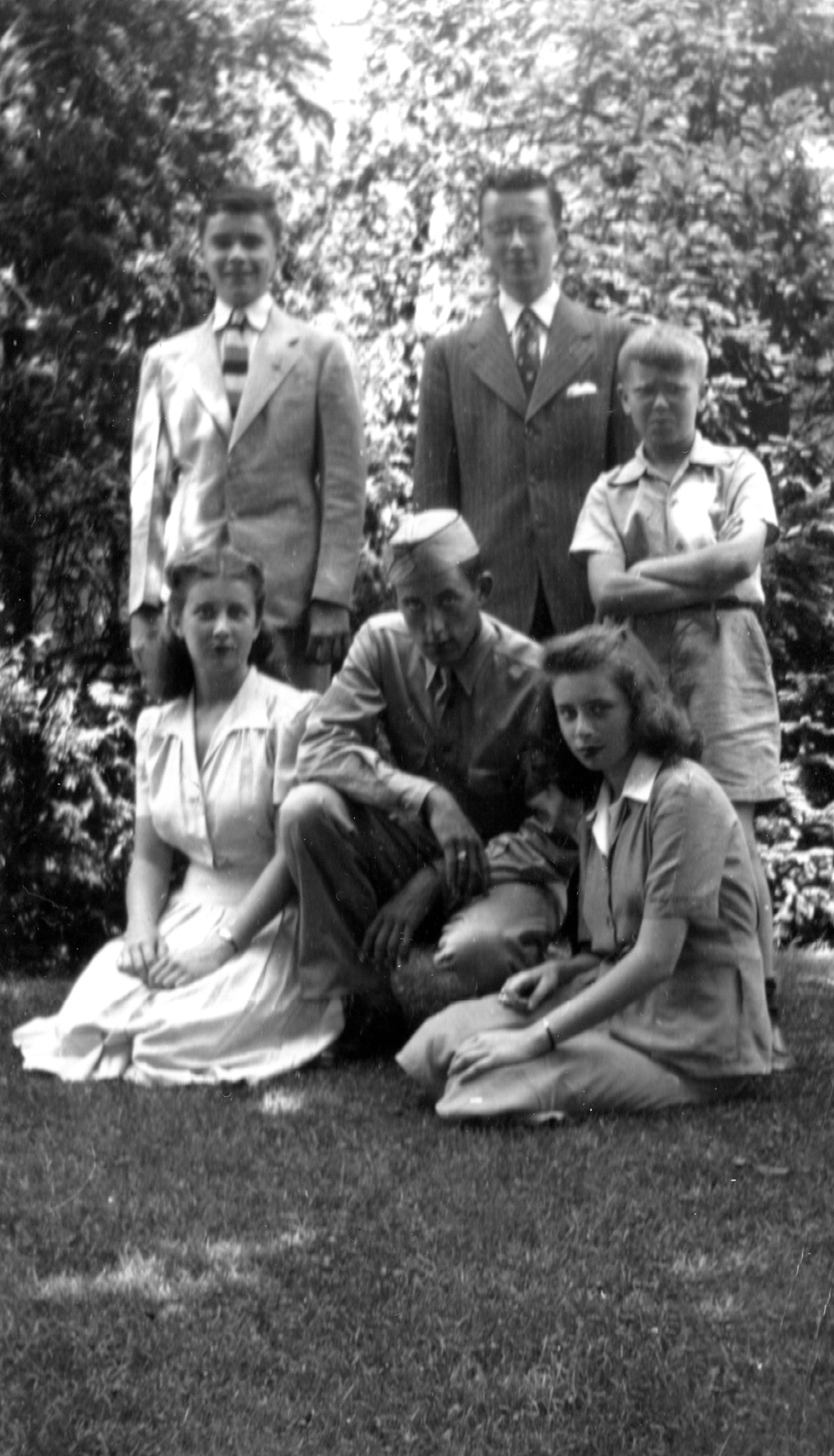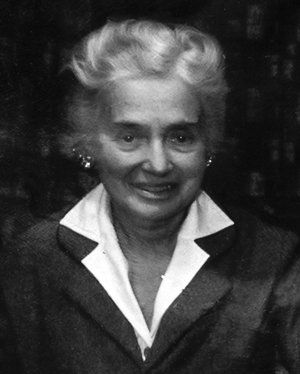Howard and Helen's Trip to China Part Three

Sunday, August 13
We had learned, to our surprise, that there was a Catholic Church that was allowed to have one Mass each Sunday for foreign visitors and the diplomatic corps. We went at 9:30 and found a 300-year old Church of the Immaculate Conception. Mass was said in the old style, in Latin. There were two Chinese women attending; the rest were outsiders. There were about 40 Zambians, who came in a bus, a few Frenchmen and we three. There are three Chinese priests who apparently rotate saying Mass and being the server, according to TinWin, who had gone there previously with other RCA people. Mass was over quickly and there was no sermon, of course.
At 10:30, Mr. Hsu, Mr. Han, Mr. Wang and Mrs. Liu came for us, and we drove out to the Summer Palace, which was located about 16 miles outside the city to the northwest. We passed the renowned Peking University on the way. The Summer Palace was built by the last Manchu Empress Hsu Chi with funds which were to have been spent on a modern navy. As a gesture of defiance to her ministers, upon its completion she had a large marble boat constructed at the edge of the huge artificial lake put in for her pleasure. After sightseeing, our hosts took us to one of the imperial buildings, part of the open-air theatre which was used by the Peking Opera company to stage performances for the Empress. Here we had an 8-course luncheon, accompanied by red Chinese wine, beer and orange soda. It ended with slices of watermelon, of which there is a bumper crop this year. It was not as flavorful as the American variety.
After lunch we went across the lake in a covered boat, which could seat 10 people, propelled by a standing man using long oars. This took about an hour, which was a most pleasant way to view the lake. There were many people on the lake in rowboats and also a section reserved for swimming. Of the thousands of people there we saw only 4 other westerners. We were objects of obvious curiosity. Adults glanced at us, children frankly stared and turned to look. We wondered what they were thinking. The only exception to ordinary curiosity from the general public I noticed was on a few occasions when teenage girls appeared to stare at me in a rather unfriendly manner. No one we saw over 3-4 years of age had on clothing of any color brighter than pale blue or beige, and the vast majority wore white shirts with dull grey, brown or dark blue pants--men and women alike. Perhaps my bright red and white dress attracted attention also. There were many little children and babies there on that Sunday, and they all seemed extremely well behaved. I saw not a single child crying or being naughty. The older children and teenagers were also well behaved and seemed happy and content being there. Everyone was decently dressed. Most people wore sandals; all exactly the same style.
Outside the entrance to the Summer Palace was a bike parking lot with over a thousand bicycles in it. On the road to and from the city we passed innumerable small carts hauling produce, barrels, baskets, etc., pulled by a motley collection of thin horses and large and small donkeys--often three to a cart. There are also numerous carts propelled by three-wheeled bicycles.
August 14
Howard and TinWin had their second meeting on the contract with Machimpex. Afterwards we all went to "register" our passports at the China Tourist Service. They informed us that it would take 4 days to process our registration before our passports could be returned. We cannot reserve or purchase airline tickets for our return to Shanghai without our passports. This is a complication which required the assistance of Machimpex--which they did work out for us. We were without our passports for only (!) two days, and then they were returned with the airline tickets for our Friday flight.
After that we went shopping on Liu Li Chang Street. We had lunch at the Hsin Chiao Hotel with Herbert Gruder, who is with Boeing and has been 127 days in Peking trying to negotiate the sale of 10 Boeing 707s to the Machimpex. He groaned that we were meeting and having dinners with people whom he only knew by name!
In the afternoon our hosts escorted us to an "Arts and Crafts" factory on the outskirts of the city, where they employ 1,050 men, women and young people in the manufacture of jade, cloisonne, lacquerware, ivory objects, as well as tiny snuff bottles decorated most beautifully from the inside.
We had tea upon arrival, while the "responsible person" in charge of the factory, accompanied by the head of the revolutionary workers committee, welcomed us and explained the work done and how, under the inspiration of Chairman Mao, they were endeavoring to increase their production, produce more perfect work, etc. At least 75 per cent of the workers are young people, and we were advised that they had graduated from middle (high) school and were assigned to work there by the government after two or three years training. There are ten other factories of this type around Peking alone. You see some of the less interesting products of their work in the Friendship Stores, but from what they told us, most of it goes out of the country via orders at the semi-annual Canton Fair.
We returned to our hotel by a route which took us back of the Forbidden City and were shown the island, called Wentsin, where Mr. Nixon was received by Chairman Mao. It is next to the Forbidden City and was formerly part of the imperial property. We learned that the rarely seen old red walls in the city mark property which used to belong to the nobility.








